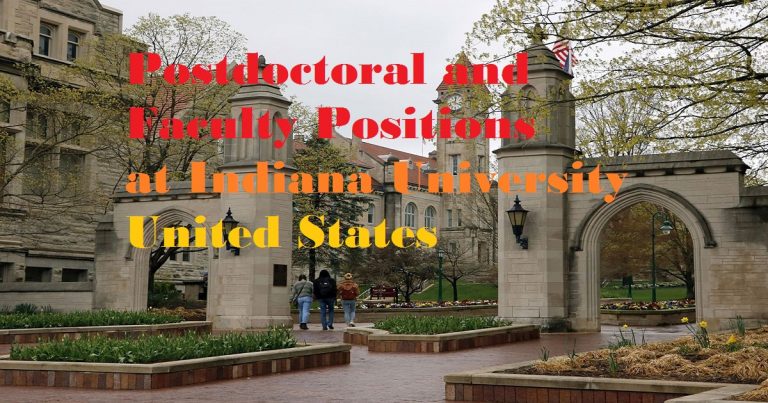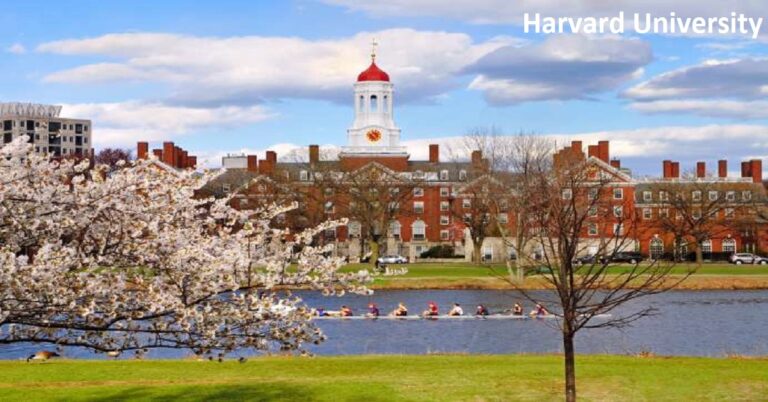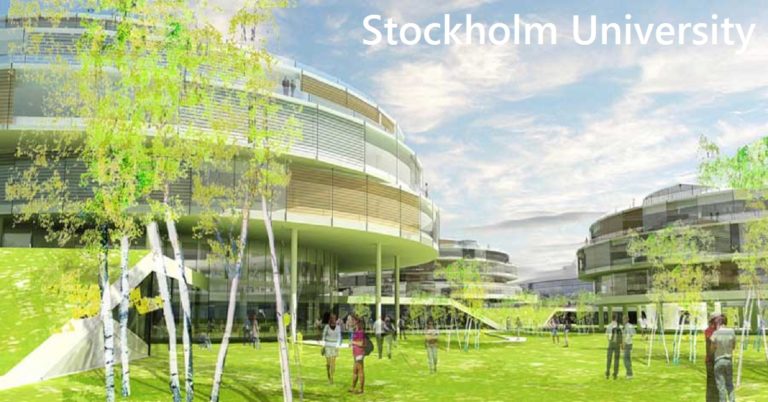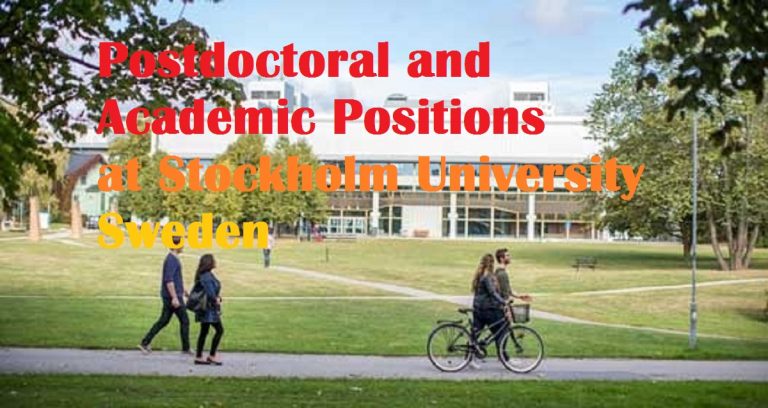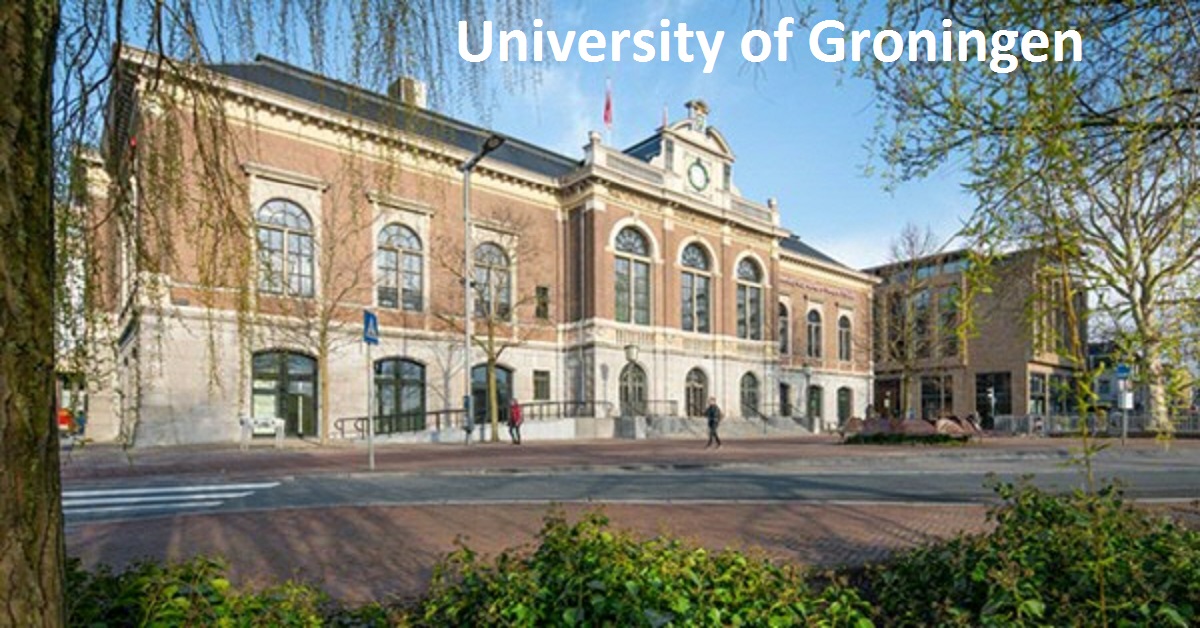
Postdoc for WEF communities project responsible for examining the legal framework that applies to operation of energy communities in the EU
The position concerns legal research for a project that was awarded through the NWO-NRF Merian Fund (https://www.nwo.nl/(…)h-africa-merian-fund). The project started in September 2021 and is running till September 2024. It aims to demonstrate the creation of Water-Energy-Food nexus communities (WEF communities) in South Africa with the inputs from social and legal researchers from four universities (Fort Hare University and North-West University for South Africa, University of Utrecht and University of Groningen for The Netherlands). The concept of WEF communities is seen as an extension of the energy communities (newly included in EU law) to the water and food sectors, with a justice lens. GCELS contributes with the study of the EU legal framework, particularly of the energy communities, and the potential adaptation to the South African context.
The postdoc researcher will be responsible for examining the legal framework that applies to the creation and operation of energy communities in the EU and for cooperating with the other universities in order to make recommendations for the creation of WEF communities in South Africa. This implies the management of both trans-disciplinary and international relations and the (co-) writing of academic articles and policy briefs on the EU legislation for energy communities, its adaptation to the South African context, its extension to the water and food sectors and the inclusion of justice concerns in this new construct.
In addition to these research activities, the Post-doctoral researcher will be involved in day-to-day activities at the Department of Energy Law.
Qualifications
• PhD in Energy or Environmental law, preferably with a focus on the WEF nexus and knowledge on the law applicable to energy communities in the EU
• interest in (energy or social) justice issues is appreciated
• interest in cooperation with non-legal and international researchers
• good knowledge of English (written and oral) and preferably a basic knowledge of Dutch (or willingness to learn it)
• excellent communication and reporting skills, also in relation to non-legal scholars
• demonstrable competences: conceptual capacity, societal orientation, presentation skills and results-oriented focus.
Organisation
Since its founding in 1614, the University of Groningen has enjoyed an international reputation as a dynamic and innovative center of higher education, offering high-quality teaching and research. We encourage the 36,000 students and researchers to develop their own individual talents. Among the best research universities in Europe, we join forces with prestigious partner universities and networks around the world, the University of Groningen is truly an international place of knowledge.
The Department of Energy Law
This department counts on a high-profile and dynamic research-led group, which engages in research in both the classic and more recent areas of Energy Law. The current research of the department covers subjects within the whole spectrum of policy and law on Energy, Climate and Sustainability.
Conditions of employment
We offer you in accordance with the Collective Labour Agreement for Dutch Universities:
• a salary, depending on qualifications and work experience, with a minimum of € 3,561 (salary scale 10.5) up to maximum of € 3,821 (salary scale 11) gross per month for a fulltime position
• excellent secondary terms of employment
• a fulltime position
• a holiday allowance of 8% gross annual income and an 8.3% end-of-year bonus
• 232 holiday hours per calendar year for full time employment
• participation in a pension scheme for employees
• a temporary appointment for a specified period of 24 months.
For more detailed information about working conditions and working for the University of Groningen, please check: https://www.rug.nl/about-us/work-with-us/
The preferred starting date is 1 September 2022
Application
You may apply for this position until 24 May / before 25 May 2022 Dutch local time (CET) by means of the application form (click on “Apply” below on the advertisement on the university website).
Applications should include:
• a cover letter that explains the motivation for applying for this position
• a full curriculum vitae
• a teaching statement that contains a description of courses taught and teaching qualifications.
Only complete applications submitted by the deadline will be taken into consideration.
The interviews for the position are scheduled for the first week of June 2022.
The University of Groningen strives to be a university in which students and staff are respected and feel at home, regardless of differences in background, experiences, perspectives, and identities. We believe that working on our core values of inclusion and equality are a joint responsibility and we are constructively working on creating a socially safe environment. Diversity among students and staff members enriches academic debate and contributes to the quality of our teaching and research. We therefore invite applicants from underrepresented groups in particular to apply. For more information, see also our diversity policy webpage: https://www.rug.nl/(…)rsity-and-inclusion/
Our selection procedure follows the guidelines of the Recruitment code (NVP): https://www.nvp-hrnetwerk.nl/sollicitatiecode/ and European Commission’s European Code of Conduct for recruitment of researchers: https://euraxess.ec.europa.eu/jobs/charter/code
We provide career services for partners of new faculty members moving to Groningen.
Unsolicited marketing is not appreciated.
Information
For information you can contact:
- Prof. L. Squintan, l.squintani@rug.nl
Please do not use the e-mail address(es) above for applications.
